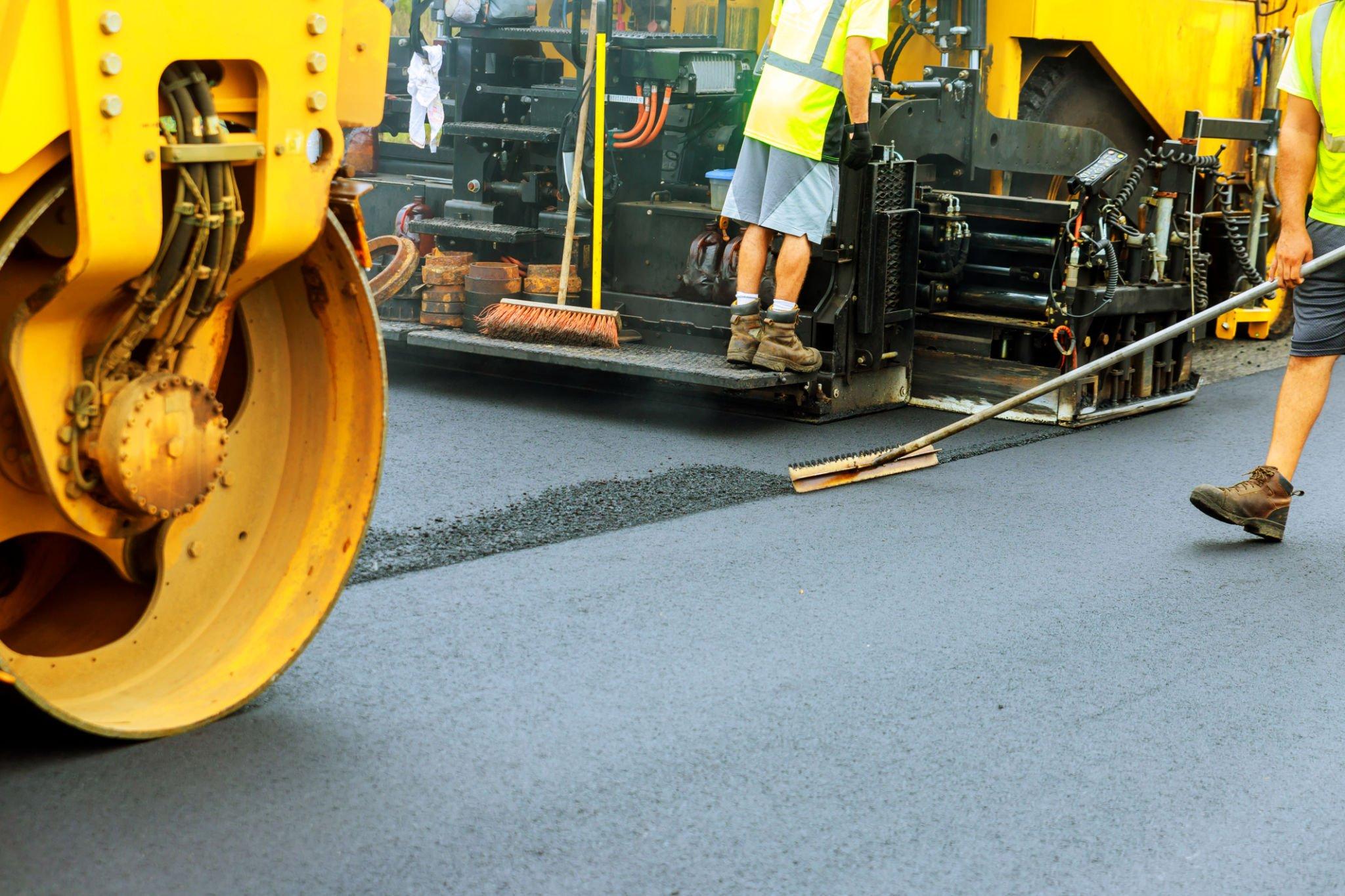As a road owner, you have a responsibility to ensure that your roads are safe, efficient, and accessible for all users. Effective road maintenance is the key to maximizing the life of your roads and keeping them in good condition for years to come.
Here’s a guide to effective road maintenance, including regular inspections, proper repair techniques, and preventative measures:
- Regular inspections: Regular inspections are essential for identifying and addressing potential issues before they become major problems. Inspections should be performed regularly, at least twice a year, to identify signs of wear and tear, cracks, potholes, and other issues that need to be repaired.
- Proper repair techniques: When repairs are needed, it’s important to use the right techniques to ensure that they are effective and long-lasting. Common repair techniques include filling cracks, patching potholes, and resurfacing.
- Preventative measures: Preventative measures can help to extend the life of your roads and reduce the need for repairs. These measures can include regular sweeping and cleaning, applying crack sealant, and installing drainage systems to prevent water damage.
- Scheduling regular maintenance: Regular maintenance, such as paving, repaving, or resurfacing, can help to keep roads in good condition and extend their lifespan. This should be done as needed, based on the condition of the roads and the results of regular inspections.
- Proper materials and equipment: The materials and equipment used for road maintenance should be of high quality and appropriate for the job at hand. This will ensure that repairs are effective and durable and that preventative measures are properly implemented.
Additionally, it is important to allocate an adequate budget for road maintenance. Failing to allocate sufficient funds for maintenance can lead to roads that are in disrepair and pose a risk to users.
Another important aspect of road maintenance is choosing the right contractor. You should select a contractor who has the expertise and equipment needed to perform high-quality repairs and preventative measures. It is also important to choose a contractor who has a good reputation and a track record of completing projects on time and within budget.
Additionally, it’s important to involve the community in road maintenance efforts. This can include educating the public about the importance of road maintenance and encouraging them to report any issues they see on the roads. Community involvement can also include partnering with local organizations to help with maintenance efforts, such as adopting a road or participating in volunteer cleanup efforts.
In conclusion, effective road maintenance requires a multi-faceted approach that includes regular inspections, proper repair techniques, preventative measures, adequate budgeting, choosing the right contractor, and community involvement. By implementing these strategies, you can maximize the life of your roads and ensure that they remain safe, efficient, and accessible for all users.

